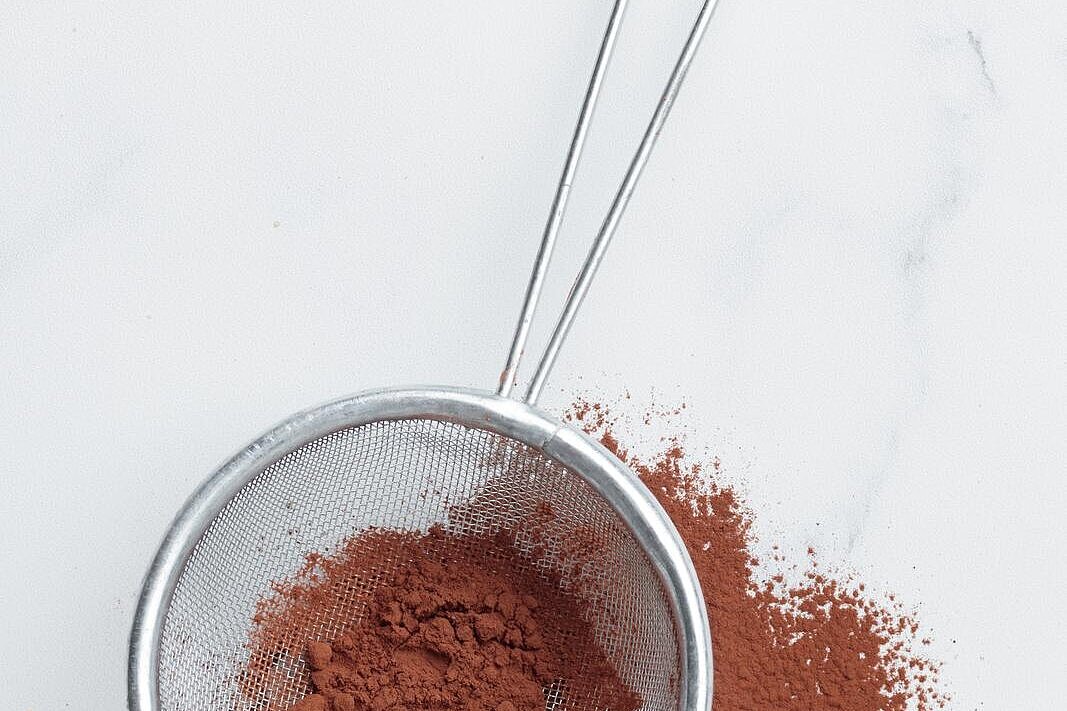natural flavors

What are natural flavorings?
According to EU regulations, natural flavorings are those that are obtained from plant or animal raw materials. These can be fruits, herbs, spices or meat, for example. These raw materials are prepared and concentrated using physical, enzymatic or microbiological processes. No chemical substances that do not occur in nature may be added.
Natural flavorings are intended to improve or enhance the taste and smell of food. They can also be used to mask undesirable characteristics such as bitterness or putrefaction. Natural flavors are not the same as natural extracts or essential oils derived directly from plants.
What are the benefits of natural flavors for dogs?
Natural flavors can have several benefits for dogs:
- They can make the food more palatable and thus stimulate the appetite.
- Depending on which plants are used, they can have a positive effect on health. For example, citrus fruits can strengthen the immune system, chamomile can have a calming effect and valerian can reduce stress.
- They can strengthen the bond between you and your dog if you give him flavored treats as a reward.
What are the disadvantages of natural flavorings for dogs?
Natural flavorings can also have disadvantages for dogs:
- They can trigger allergies or intolerances if your dog is sensitive to certain ingredients.
- They can lead to obesity if your dog eats too much of them.
- They can be harmful if they are used in too high a concentration or mixed with other substances. For example, peppermint can cause stomach pain if it is used in too high a dose.
- They can affect your dog's sense of taste and make him pickier.
How do I use natural flavors correctly?
If you want to give your dog natural flavors, there are a few things you should keep in mind:
- Always read the label and find out about the origin and composition of the natural flavors.
- Choose high-quality products from reputable sources.
- Only give your dog small amounts and observe his reaction.
- Avoid artificial flavors or other additives such as sugar or preservatives.
Natural flavors are therefore not a miracle cure for dogs, but should be used with caution. However, if you inform yourself well and pay attention to your dog's needs, you can offer him a tasty change.
If you notice any signs of hypersensitivity or poisoning in your dog, you should see your vet immediately. We are not a substitute for a vet, but we try to be as accurate as possible. Every dog reacts differently and we recommend you get a second opinion or consult your vet if in doubt.
Stay healthy and take good care of your four-legged friend!😊
Similar to natural flavors
Vanilla extract is made by soaking vanilla beans in alcohol, which extracts the aromatic components. The result is a dark, fragrant liquid that is prized in numerous recipes for its rich, complex...
Lemon oil is an essential oil that is mainly obtained by cold pressing the peel of lemons (Citrus limon). It is known for its fresh, cleansing scent as well as its strong antimicrobial and...
Orange oil is an essential oil that is typically extracted from the peel of the fruit by cold pressing. It is known for its fresh, citrusy scent and is used in aromatherapy to lift mood and energy....
Cocoa powder is a powder made from roasted and ground cocoa beans. The cocoa beans contain various ingredients that give the powder its characteristic taste and smell. These include, among...


